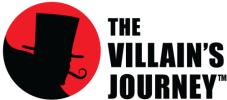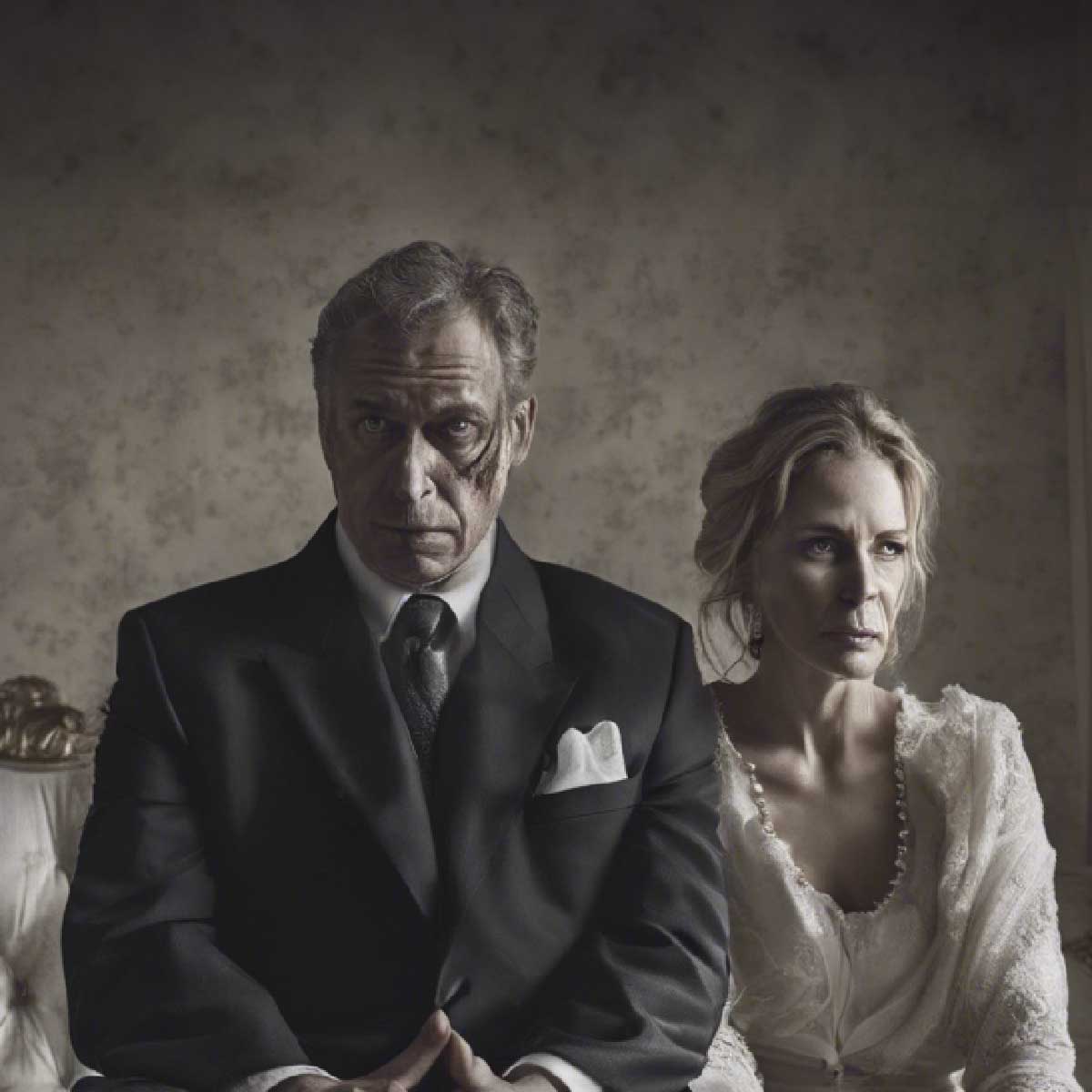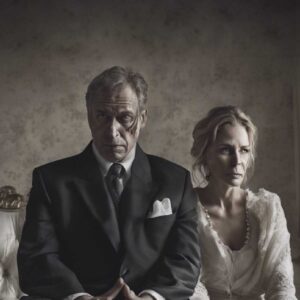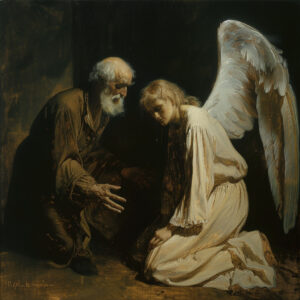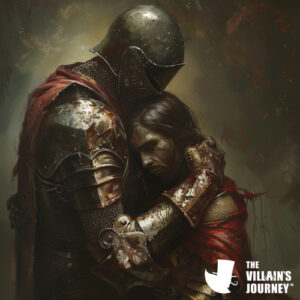I remember the moment I realized I was not the hero in my life’s story.
A beautiful, vulnerable woman, whom I had married over two decades earlier, found her world destroyed at my hands. Her marriage, her family, her very ability to trust lay bleeding at my feet. She had not asked for this. Nor had my children.
I had leveraged a trifecta of destruction: financial betrayal, sexual infidelity, and abuse. With each revelation of my behavior, she was sent reeling.
After a series of my brutal confessions I did not recognize her. At times her eyes were wide and unfocused, like a prey animal cornered by a vicious predator. Other times she was crazed, running through the house, screaming and throwing things. It was brutal. It felt hopeless.
Yet, she also had moments of unbelievable strength. At times she was brave, clear-eyed, and even forgiving.
One morning I awoke on the old couch in our basement where I slept. The couch was the first one we had bought as a married couple. The memories of our life together had all fallen between its cushions like lint and coins. I was now rediscovering them, working back through history. These memories were not kind to me.
I was not the hero in my life’s journey. I was the bad guy.
It was my wife who was the hero. I had dropped her into a world she could scarcely imagine and changed the future of our family. She had stepped across the threshold and had begun trying to make her way, dealing daily with the tests and trials, revelations of my behaviors. It was a bleak world I had created for her to navigate.
I sobbed at the revelation. I began to dig for more of the lost memories in that couch. I realized that I had played this role many times. I had used people to give myself what I needed, and then unceremoniously abandoned them, emotionally and physically.
Did this realization change my behavior? Would I begin my own hero’s journey? Surprisingly it did not. Not yet. While I would continue to follow the rules of our marriage’s recovery – the therapy sessions, the recovery groups, the twelve-step meetings – I kept pushing the realization of my villainy down.
It would not be ignored.
As the betrayer in a relationship, there is a question that constantly knocks at the door of your consciousness: “How could I have done this?”
This question is echoed by the victims: “How could you have done this?”
The question we should be asking is, “No, really, aren’t you curious about how you could have done this?”
Amidst the guilt and shame I continued to function, as did she somehow. But I was the one who left the house and cut off communication, leaving her alone with our bewildered children. I was the one who unceremoniously filed for divorce, letting her know in a voice message. My ex-wife and I spent tens of thousands of dollars on lawyers. In the divorce settlement, I told myself that I was being fair, but I fought for my share of the assets. She had always been the breadwinner in the family, yet I still felt that I was entitled.
“No, really. How could I have done this?”
Over the years after our divorce, I continued to struggle with this idea of being the bad guy. Something kept me cold and distant from her, at times cruel. What was inside me that didn’t feel safe unless I was hiding, stonewalling, and lying? Where was the valve that released my rage before I became this man I despised?
What you resist will destroy you.
I began to wonder what would happen if I leaned into my darkness? After all, it was a consistent, reliable force in my life. It made me feel safe, right up until the moment I found myself standing over the body of another relationship, chalk on my shoes.
I began to understand that there were dark rooms in a hidden part of my psyche. The psychoanalyst C. G. Jung had already named it: the Shadow.
I came to long for a path forward for those of us who needed to understand our darkness. Joseph Campbell had defined what he called The Hero’s Journey. He found common themes in the stories and myths of cultures across time and distance. He marveled that the same themes could arise in cultures who had no contact with each other.
Jung believed that these stories bubbled up from a deep knowing shared by all humans. He called it the collective unconscious.
It was clear that I was not on the Hero’s Journey. I had not been cast into some strange world, but had created that world. I had not been faced with tests and trials. I was putting others to the test.
No, I was not on the Hero’s Journey, but I was unwilling to concede that this made me inherently evil.
I wondered what the collective unconscious had to say about those of us who needed to explore our darkness. It is very clear that stories, myths, literature, and movies are full of monsters, demons, and men in black hats. I was interested in these characters. How could Hades, the god of the underworld inform my life?
“No, really. How could I have done this?”
I discovered that exploring our shadow was already a therapeutic practice. It’s called shadow work. Jung told us that we cannot be psychologically healthy until we have traveled through the dark places in our psyche. Therapists were already helping people explore these dark places. The common belief was that, if we did not dive into our darkness, our dark energies would burst out into the world in the most toxic ways. Once we become well-acquainted with the repressed feelings inside of us we can harness this power to live our lives more fully.
The villains found in the books and movies I love began to come to life. Perhaps Darth Vader wasn’t kidding when he said the dark side of the force was more powerful than the light.
With time, my perspective on my marriage began to shift. I recognized that I had wanted out of my marriage, that for me the relationship had run its course. I remember a specific moment when I knew I would be able to break my marriage vows. Yet, ending the marriage was just not on the table for me. It’s not what a “good boy” does, which is what my self image told me I was. So I pushed the thought back down, even as my actions led me directly toward dissolving the marriage in the most painful way imaginable.
“Blame her!” a voice had said. And I did. I became resentful of my wife until, over time, I had nothing but contempt for her. I no longer saw her as a person – as a human being – but as an object. At that point, I was capable of anything.
How could I have done this? I began to see just how I could do something so vile.
What if I had realized consciously that the marriage needed to end and that I should initiate that process? Could I have done it more artfully? Yes, I could have done it so much more artfully. Would there be heartbreak and tears? Yes, but not the utter destruction of another person’s world.
Who would I have had to become to dissolve my marriage in a more calm, cool, calculated way? I concluded that I would have had to be the villain, consciously.
Over the next ten years, I would explore what I came to believe was an archetype of the villain. Joseph Campbell never documented a villain’s journey, but our stories, our movies, and our video games are rich with villainy. I just needed someone like Joseph Campbell to identify the weigh stations that make up this journey.
What is the path into and through the darkness documented by the villains in our literature, art, movies, and video games? I seek to answer this question.
How do we know when we are on the villain’s journey?
What can we do to wield our dark powers artfully?
Can the villain’s journey have a positive impact on the world, like the hero’s journey?
Do we need a hero to dance with while on our journey?
Is this something anyone can tap into? Should they?
I am sharing the fruits of my search so that we can support each other in artful villainy. I call it The Villain’s Journey. I hope you will join our community, not only to light your way, but to light the way for others.
